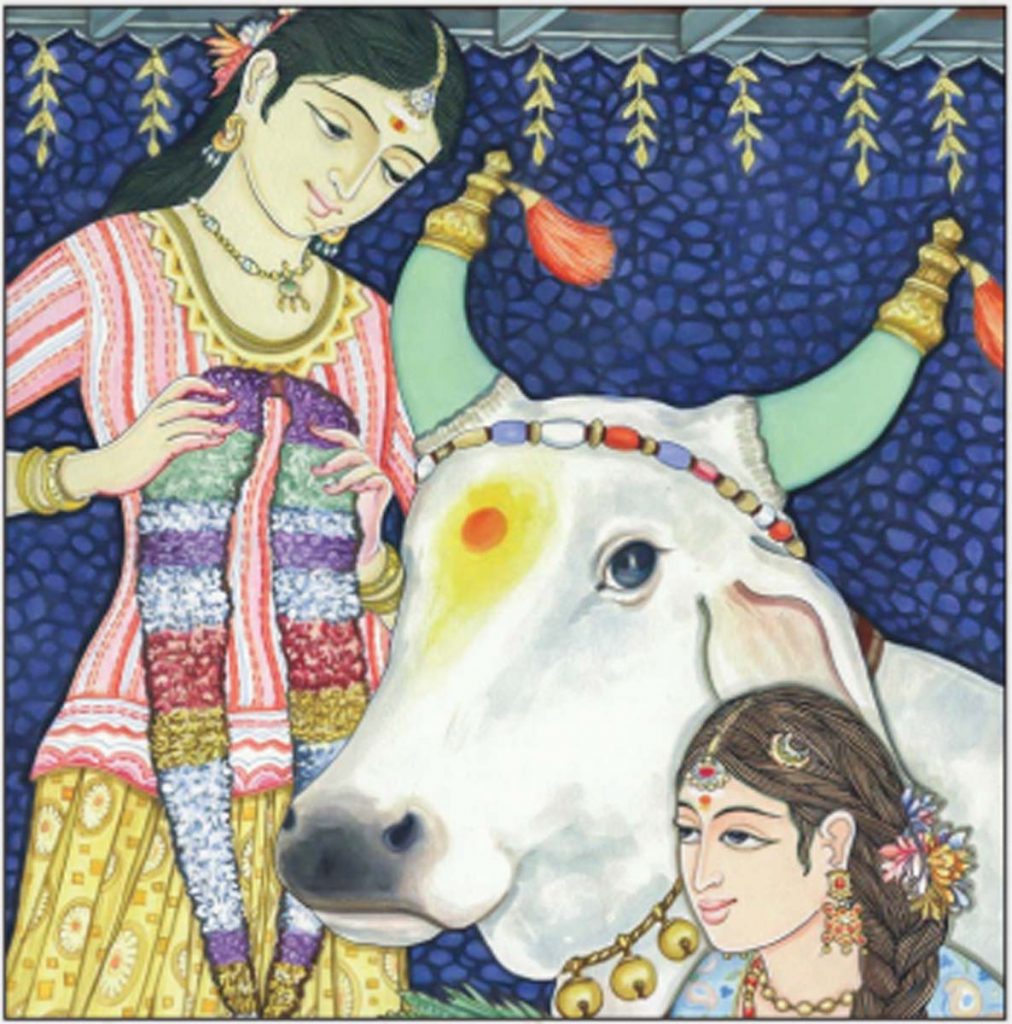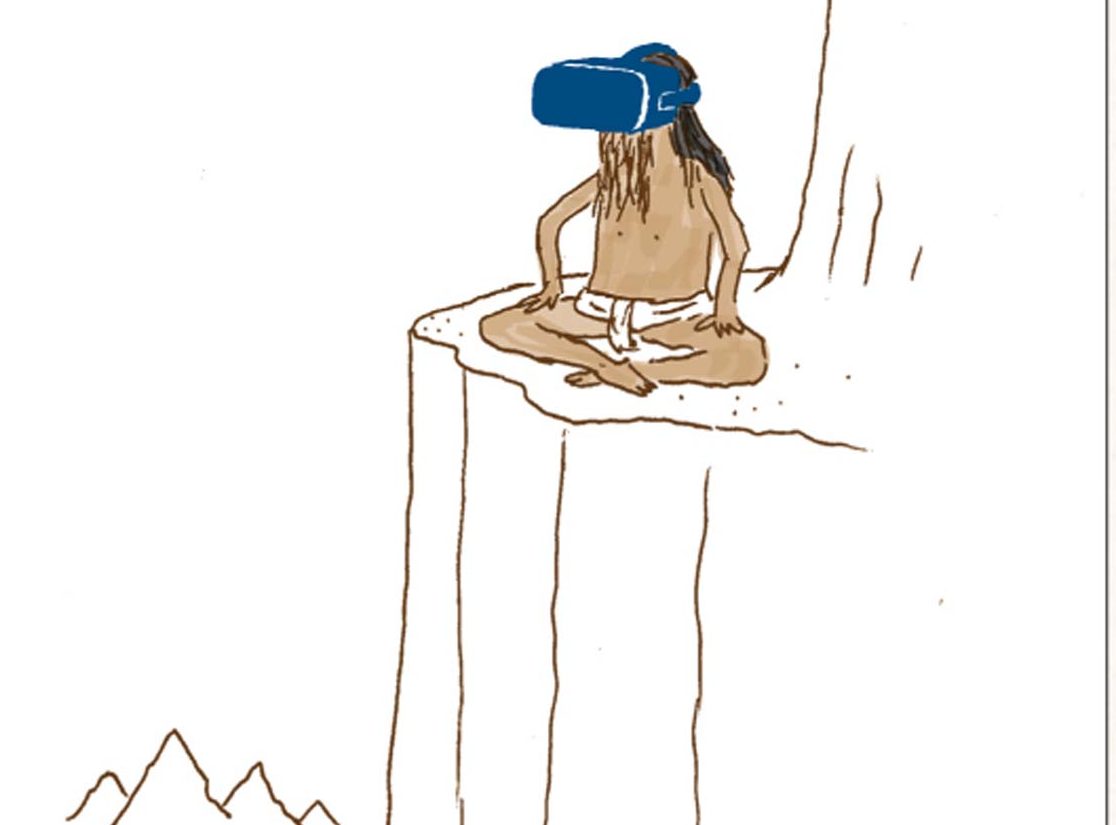“Eventually, all that one has learned will have to be forgotten”
Ramana Maharshi (1879-1950)
That which is formless, which is of the nature of supreme consciousness, is eternally existing in eternal abidance, eternally free from the constricting bonds, free from mutations, indescribable, beyond the illustrative reasons and parables, beyond gender, indestructible, free from likes and dislikes, beyond the knowable and definable existents, inconceivable and beyond doubt—That is my real Self. There is no doubt of this identity. Raurava Agama Vidya Pada 2.6-7
Thoughts are giant-powers. They are more powerful than electricity. They control your life, mold your character and shape your destiny. Swami Sivananda (1887-1963)
The Eternal Religion, the religion of the rishis, has been in existence from time immemorial and will exist eternally. There exists in this Sanatana Dharma all forms of worship—worship of God with form and worship of the impersonal Deity as well. It contains all paths—the path of knowledge, the path of devotion and so on. Other forms of religion, the modern cults, will remain for a few days and then disappear. Ramakrishna Paramahamsa (1836-1886)
Simplicity is the ultimate sophistication. Leonardo da Vinci (1452–1519)
A religion that takes no account of practical affairs and does not help to solve them is no religion. Mahatma Gandhi (1869-1948)
Everything we call real is made of things that cannot be regarded as real. Niels Bohr (1885-1962), Danish physicist
If you are irritated by every rub, how will your mirror be polished? Rumi (1207-1273 ce)
Men are born soft and supple; dead, they are stiff and hard. Plants are born tender and pliant; dead, they are brittle and dry. Thus whoever is stiff and inflexible is a disciple of death. Whoever is soft and yielding is a disciple of life. The hard and stiff will be broken. The soft and supple will prevail. Lao Tzu (4th or 6th century bce), author of the Tao Te Ching
I stayed up all night to see where the sun went, and then it dawned on me.
The only way to keep your health is to eat what you don’t want, drink what you don’t like, and do what you’d rather not. Mark Twain (1835-1910), American author
It is not things that disturb us, but our interpretation of their significance. Epictetus (55-135 ce), Stoic philosopher
Remembering that you are going to die is the best way I know to avoid the trap of thinking you have something to lose. You are already naked. There is no reason not to follow your heart. Steve Jobs (1955-2011), co-founder of Apple Computer
God respects me when I work, but God loves me when I sing. Rabindranath Tagore (1861-1941)
Forever is composed of nows. Emily Dickinson (1830-1886), American poet
Since you alone are responsible for your thoughts, only you can change them. Paramahansa Yogananda (1893-1952)
Instead of solid accomplishments, the man pursues pleasures and self-gratification. He will never achieve anything so long as he is surrounded by dissipating temptations. I Ching, the Chinese Book of Changes
When you teach a wolf to meditate, he becomes aware wolf.
That which is selfish is immoral, and that which is unselfish is moral. Swami Vivekananda (1863-1902)
A life spent making mistakes is not only more honorable, but more useful than a life spent doing nothing. George Bernard Shaw (1856-1950), Irish playwright
The expectation that success in meditation will come quickly is incorrect. Not only must you sustain your practice for a long time, but without interruption and with devotion. Satguru Bodhinatha Veylanswami, publisher of HINDUISM TODAY
We cultivate purity by thinking, speaking and doing only that which is conceived in compassion for all. Satguru Sivaya Subramuniyaswami (1927-2001), founder of HINDUISM TODAY
BASICS
Why Do Hindus Worship the Cow?


H INDUS REGARD ALL LIVING CREA tures as sacred—mammals, fishes, birds and more. We acknowledge this reverence for life in our special affection for the cow. At festivals we decorate and honor her, but we do not worship her in the sense that we worship the Deity. To the Hindu, the cow symbolizes all other creatures. The cow is a symbol of the Earth, the nourisher, the ever-giving, undemanding provider. The cow is so generous, taking nothing but water, grass and grain. It gives and gives and gives of its milk, as does the liberated soul give of spiritual knowledge. The cow is so vital to life, the virtual sustainer of life, for many humans. The cow is a symbol of grace and abundance. Veneration of the cow instills in Hindus the virtues of gentleness, receptivity and connectedness with nature.
The only cow-question for Hindus is, “Why don’t more people respect and protect this remarkable creature?” Mahatma Gandhi once said, “One can measure the greatness of a nation and its moral progress by the way it treats its animals. Cow protection to me is not mere protection of the cow. It means protection of all that lives and is helpless and weak in the world. The cow means the entire subhuman world.”
In the Hindu tradition, the cow is honored, garlanded and given special feedings at festivals all over India, most importantly the annual Gopashtama festival. Demonstrating how dearly Hindus love their cows, colorful cow jewelry and clothing is sold at fairs all over the Indian countryside. From a young age, Hindu children are taught to decorate the cow with garlands, paint and ornaments. The cow and her sacred gifts—milk and ghee in particular—are essential elements in Hindu worship, penance and rites of passage. In India, more than 3,000 institutions called goshalas, maintained by charitable trusts, care for old and infirm cows. And while many Hindus are not vegetarians, most respect the still widely held code of abstaining from eating beef.
By her docile, tolerant nature, the cow exemplifies the cardinal virtue of Hinduism, noninjury, known as ahimsa. The cow also symbolizes dignity, strength, endurance, maternity and selfless service. In the Vedas , cows represent wealth and joyous Earthly life. From the Rig Veda (4.28.1;6) we read. “The cows have come and have brought us good fortune. In our stalls, contented, may they stay! May they bring forth calves for us, many-colored, giving milk for Indra each day. You make, O cows, the thin man sleek; to the unlovely you bring beauty. Rejoice our homestead with pleasant lowing. In our assemblies we laud your vigor.” Drawn from the teachings of Satguru Sivaya Subramuniyaswami


